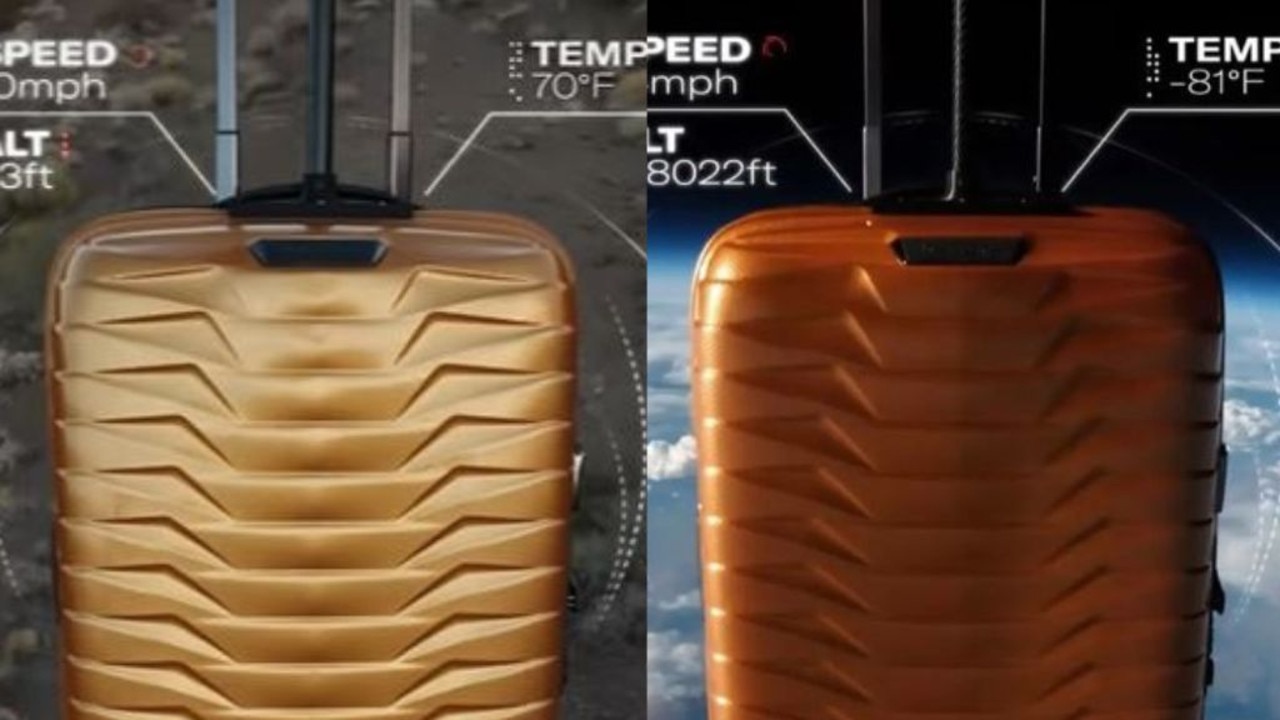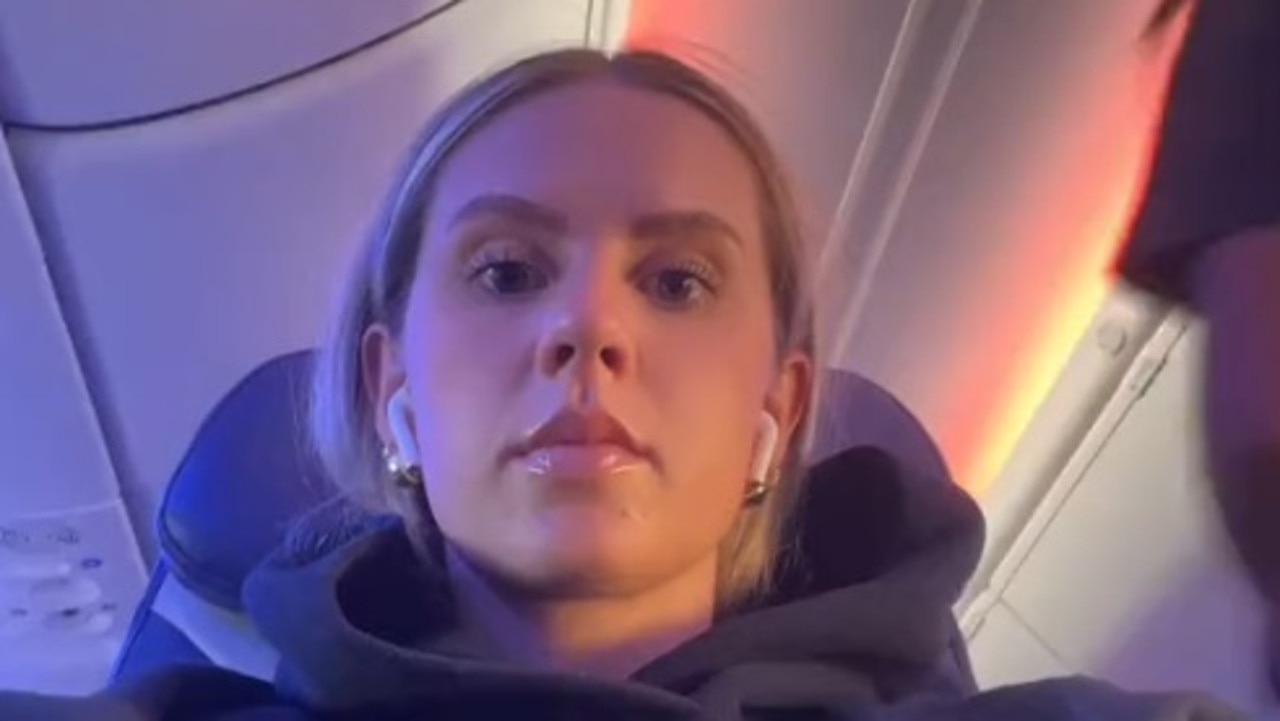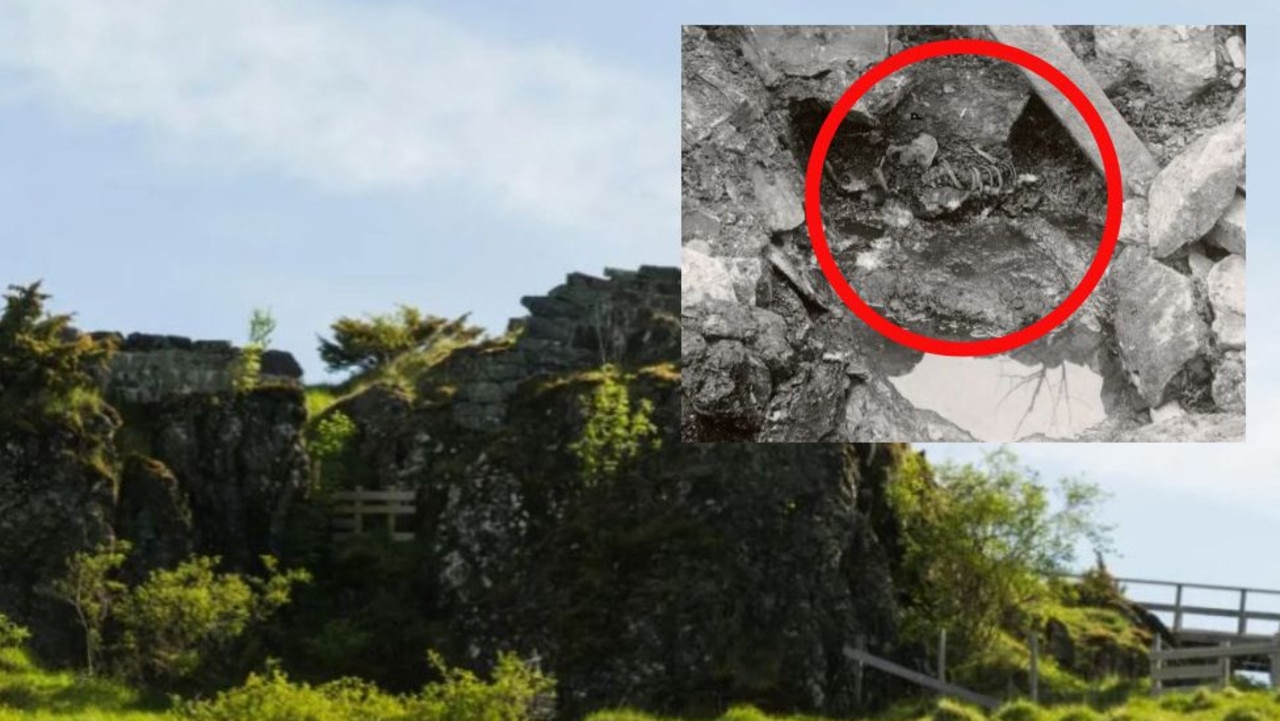Challenging Qantas flight path only some pilots can do
This flight path is so challenging the pilots require special training. The Boeing 787 flies just 2000 feet above the highest ground.

Flying to Antarctica and back in a day is no easy gig and it is one Qantas pilot James Boland knows well.
He is part of a select group of pilots who operate Antarctica Flights’ sightseeing flights on a Qantas Boeing 787 Dreamliner from Australia.
“The first time I came down here was the first time I’d seen the continent and my initial reaction was just gobsmacked,” the pilot in command told news.com.au on-board the first flight of the season from Melbourne.
“It was a challenge to focus on flying the aeroplane because it was so compelling what we were looking at out the window. And on the flight deck we’ve got some pretty big windows so we’ve got an awesome view.”
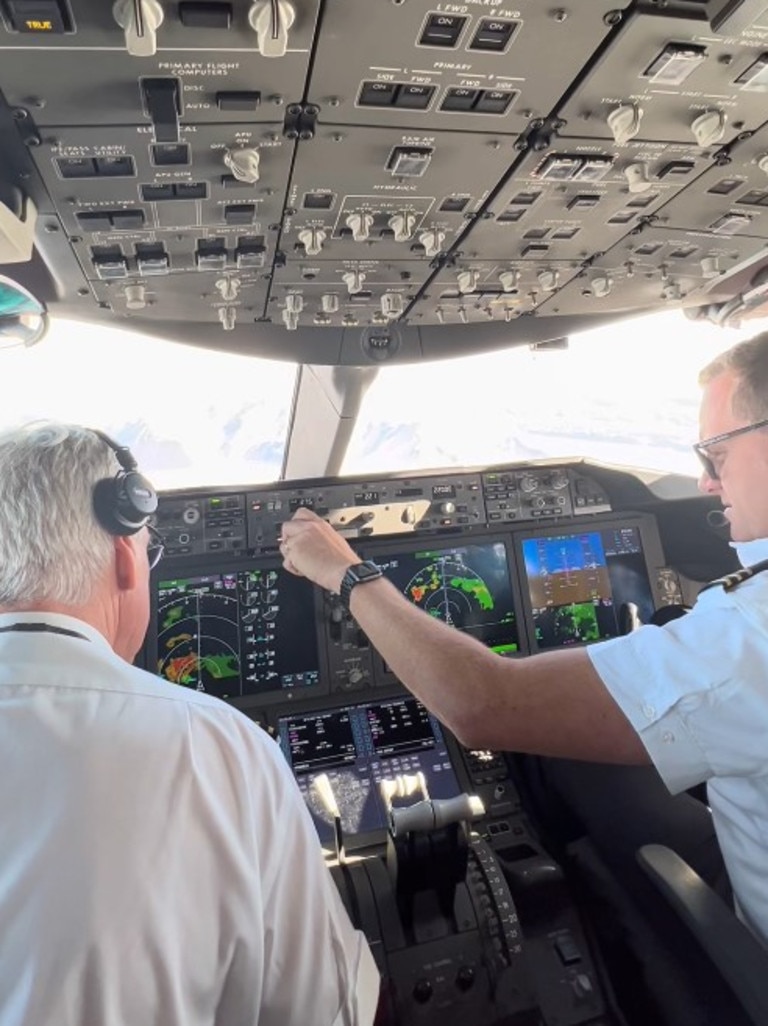
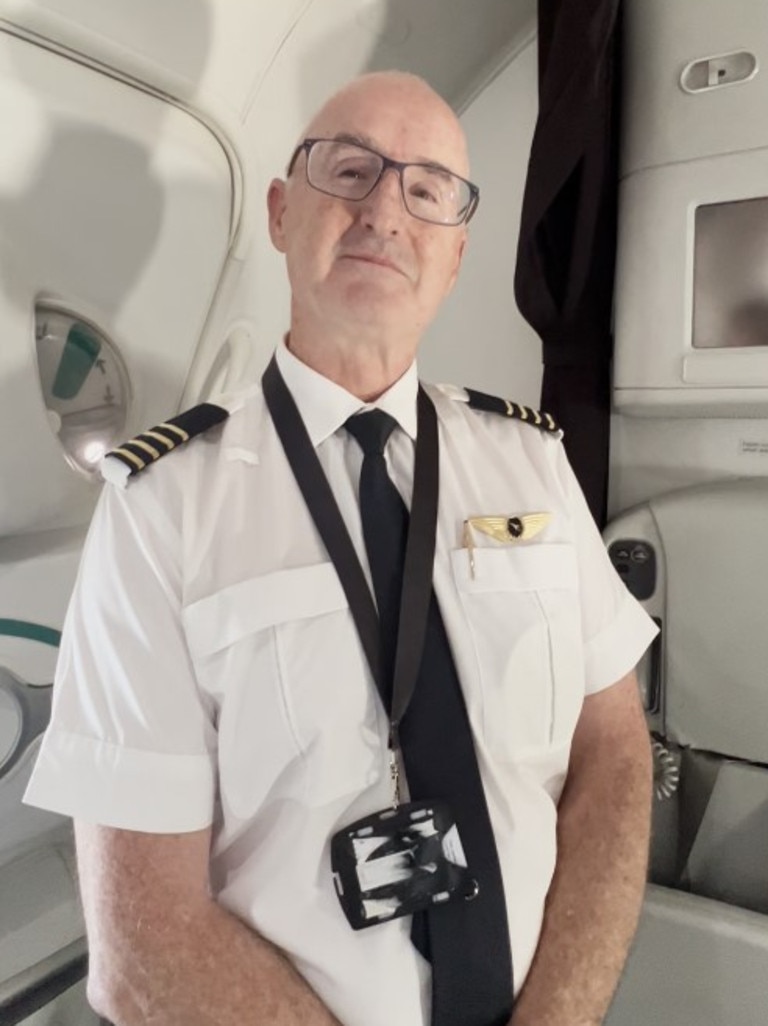
There are 19 different flight paths that can be chosen depending on the weather and the day news.com.au was on board, the plane spent more than 13 hours in the air. About four hours of that was over Antarctica.
While the view may be distracting it is not the reason this particular flight is considered so challenging that pilots require special training.
“It’s quite different from normal Qantas flights,” Captain Boland said. “It’s quite complicated to fly in the Antarctic airspace and operate in this environment.”
The aircraft flies closer to the ground than normal and as Antarctica is one of the highest continents on the planet, there are a lot of high mountains to navigate.
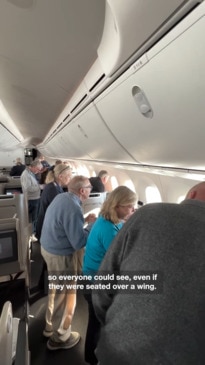
The aircraft flies at an altitude of 10,000 feet (3077 metres) above sea level or 2000 feet (615 metres) above the highest ground within 100 nautical miles (180 kilometres).
“And we’re a long way from anywhere we can land if something goes wrong,” Captain Boland said.
“The airports on the Antarctic continent we can’t use. We can’t land at McMurdo [Station] or we can’t land at Wilkins [Runway] so if we need to go somewhere, we need to fly a long way back to New Zealand or Australia.”
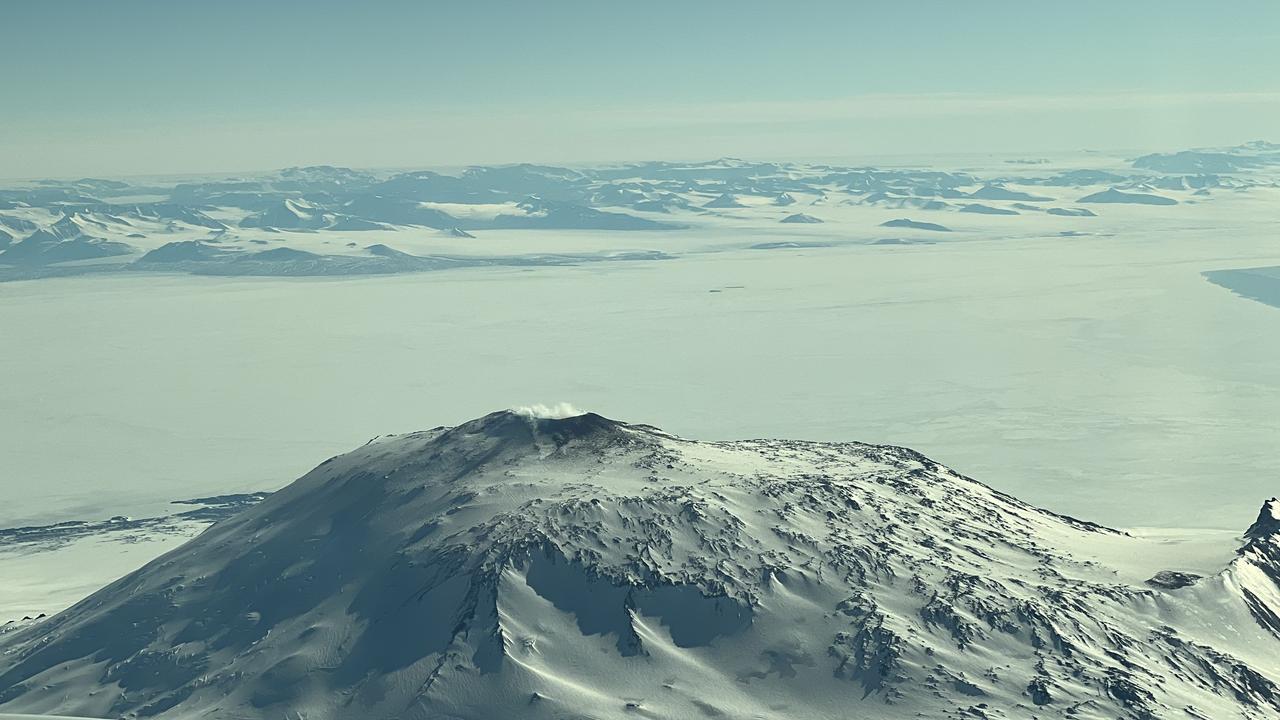
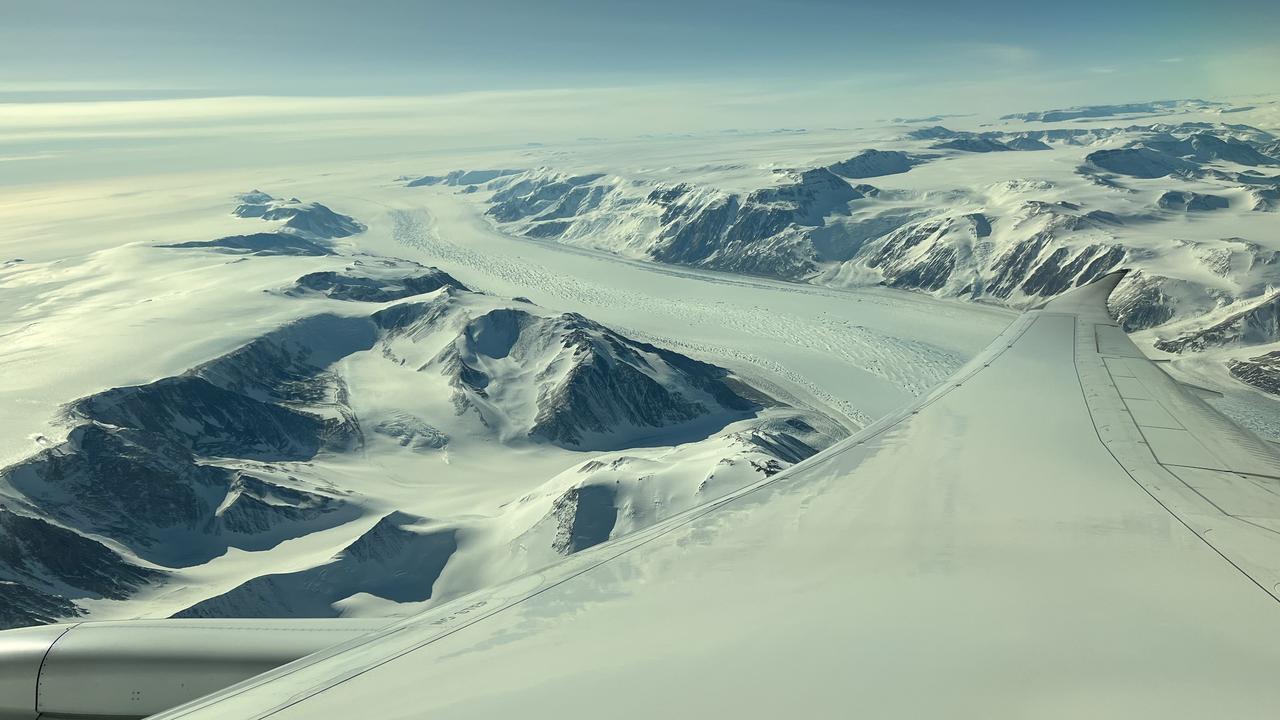
It is also a different class of airspace.
“We’re not so much mixing with civilian aeroplanes,” he said.
“Right now there’s a couple of US Air Force C-130 Hercules aeroplanes on skis and we’re separated from them vertically so we’re talking to them on the radio to figure out who they are and where they’re going and who we are and where we’re going.”
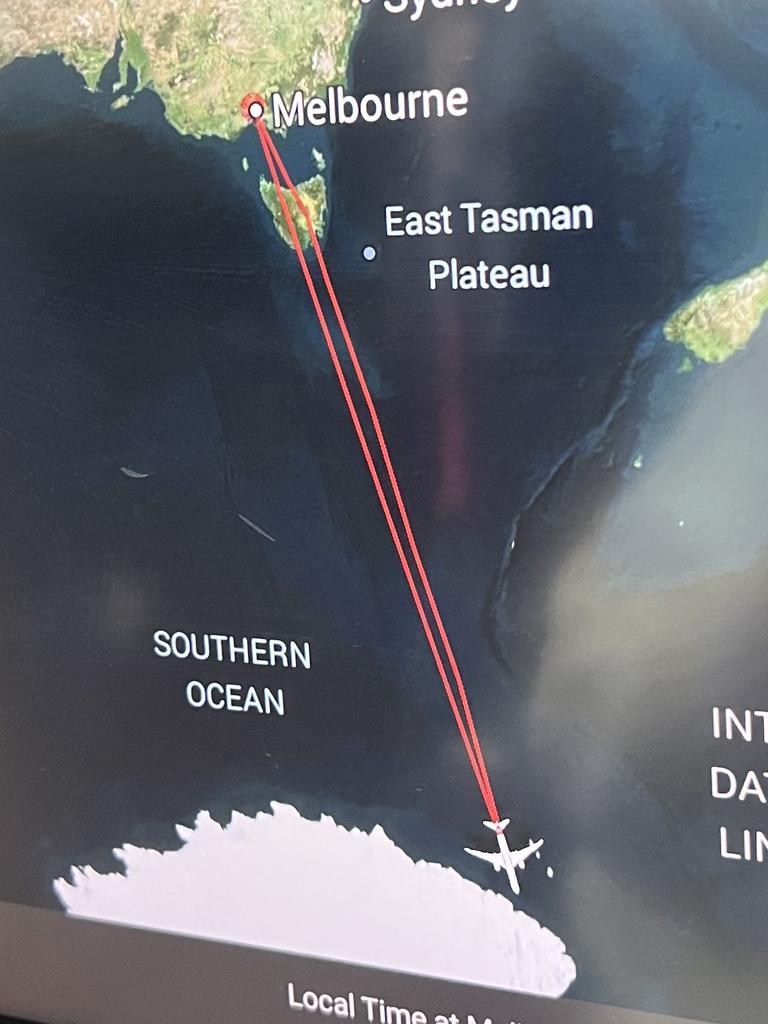
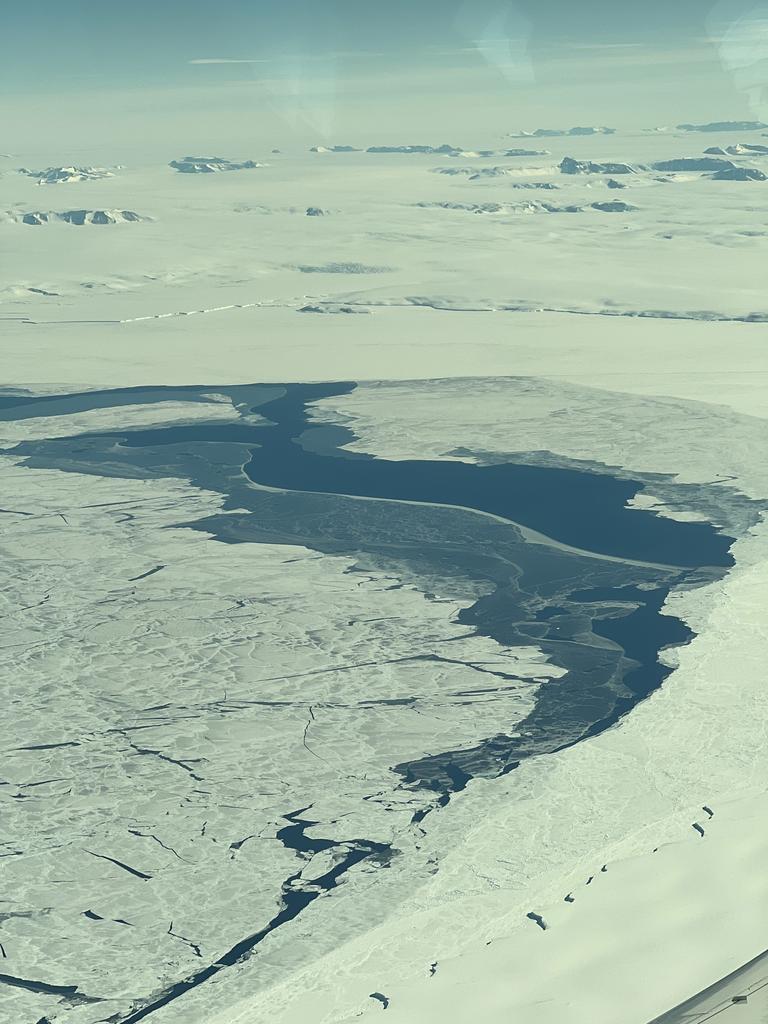
The pilots require an initial qualification and then do an annual refresher.
“It takes about three or four physical entries before you’re qualified to be the commander of an aeroplane down here, so there’s a lot of training and a lot of practice before we’re in charge,” he added, speaking of his own role.
Captain Boland said flying over Antarctica was a “privilege” and “wonderful opportunity” to do something different from the usual long-haul flights within the Qantas network.
But is it the coolest flight he has ever done? Captain Boland says it comes in at “equal first”.
“I’ve also been lucky enough to do some Southern Lights flights where we take off at night and chase the aurora australis through the southern night,” he said.
“So that’s really cool to chase that through the sky and this is equally cool.”
He describes himself as an “aviation nerd”.
“When I’m not flying aeroplanes for Qantas, I’m flying aeroplanes for me. I just live, eat and breathe aeroplanes and aviation and anything to do with this wonderful vocation I’m up for.”
This writer was a guest of Antarctica Flights
Read related topics:Qantas




